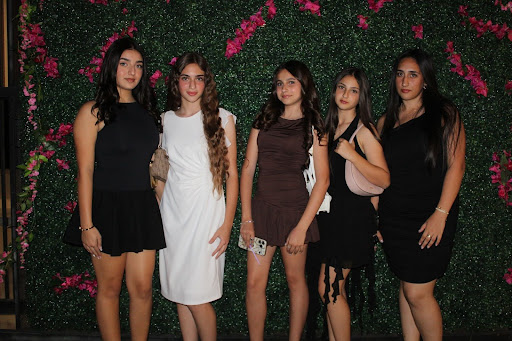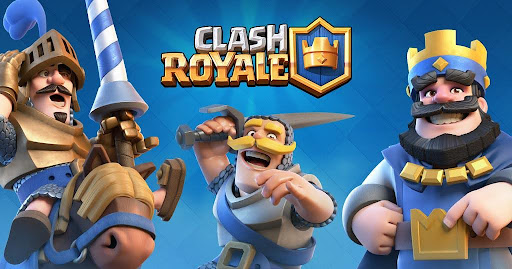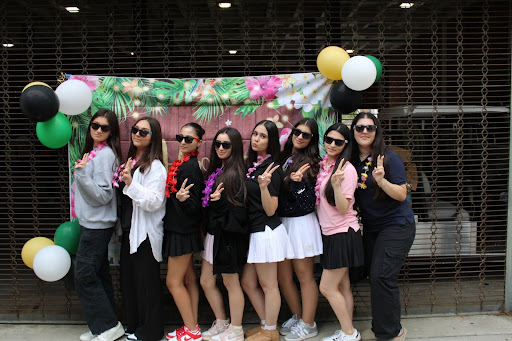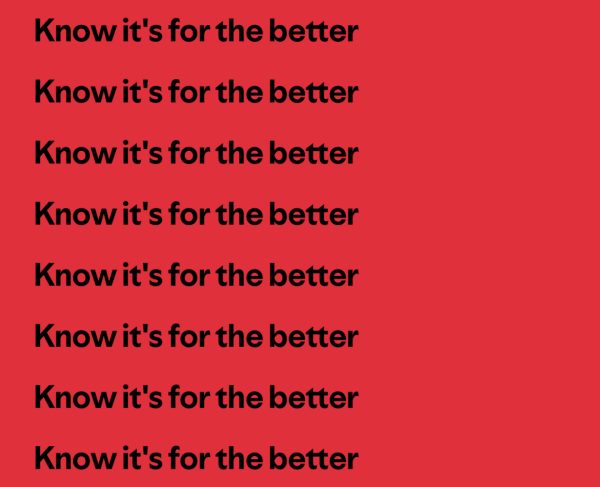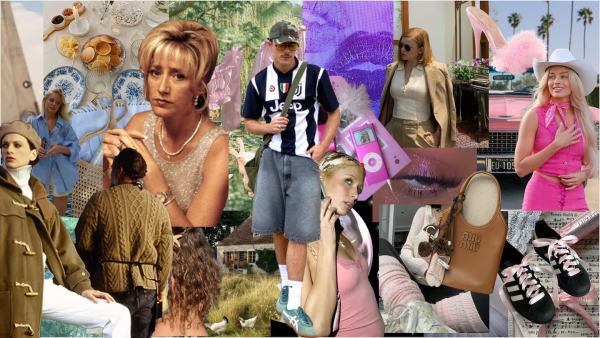Corporate vaulting: The Mistreatment of Art Under Streaming
The Disney Vault — in reality a giant room holding archived films — is one of the most famous examples of regular placements of sales moratoria on films.
To most of the general public, the merger of two mass media giants is almost old news at this point. As any conscious consumer is aware of, The Walt Disney Company itself owns 200 other companies — from Marvel Studios and Entertainment to ESPN. So when Discovery, Inc and Warner Bros. merged on April 8th, 2022, the event didn’t seem earth shattering to any TV and film lovers.
Then the HBO max pulls started happening.
Come August 2022, HBO had pulled and was planning to pull approximately 36 titles from their streaming service. Among these 36 titles, 20 were HBO Max originals or exclusives — shows whose rights belonged solely to Warner Bros. The result is that many of these titles are unavailable to stream anywhere. And when streaming seems to be the main way people receive content (85% of US households pay for a streaming service) many creators have felt betrayed by HBO Max’s seemingly callous decision.
The problem is that HBO Max’s whole reason for said cuts is to save costs on residuals — payments to the shows creators — after internal restructuring from the Discovery and Warner Bros merge. The message is clear: Warner Bros couldn’t care less about safeguarding creators.
“It’s gone. They’re all gone,” tweeted Levon Jihanian, art director of Tig n’ Seek. “I can go on a pirate streaming web site to watch episodes, but my kids can’t. I made this for them.”
Along with pulling the titles themselves from the platform, all clips of Cartoon Network titles were removed from Youtube, soundtracks were unable to be purchased, and physical DVD copies were discontinued completely.
“Creator of #InfinityTrain, a show that got pulled from @HBOMax and can now only be pirated,” reads Owen Dennis’s Twitter header. Although presently Infinity Train is now able to be purchased on Amazon Prime and Apple TV, pirating was the only way to watch Infinity Train facing the initial removal.
“We worked for 5 years to make 100 episodes of animation. We worked late into the night, we let ourselves go, we were a family of…artists who wanted to make something beautiful, and HBO MAX just pulled them all like we were nothing,” tweeted Julia Pott, creator of Summer Camp Island. “Animation is not nothing!”
Corporate vaulting – the act of putting titles in digital sales moratoria – is not a new concept to the entertainment horizon. Before the streaming era, The Disney Vault was the term used by the Walt Disney Company to refer to the mass amount of films that were pulled from home markets and placed “in the vault” for future re-release. The Vault is a textbox example of artificial scarcity in the market — and its incorporation into streaming services is indicative of a sinister cultural phenomenon.
“Contemporary art has become just a form of entertainment, detached from spiritual life,” diagnoses Ai WeiWei, Chinese modern artist and activist. He posits that modern art is characterised mainly by a “fervent advocacy of individual freedom,” brought on by capitalism, and the encouragement of “creativity” but in a marketable manner. Contemporary art’s “symptoms can be observed in the overwhelming tendency to consider art from a purely commercial perspective, neglecting spiritual concerns in favour of wealth accumulation”
In other words, the reckless pursuit of money by studios is actively harming the art and passion that creators put in their works.
Films are designed, nowadays, to be disposable. Without the backup of DVD sales, the bulk of a film’s money comes from ticket sales, merchandise, and streaming — driving writers and studio executives to generate hype over story quality. Rewatchability is almost an obsolete concept. Take the MCU: notorious for being so paranoid about potential leaks and spoilers, actors in Marvel films are not even allowed to read entire film scripts, for fear of story or character plotlines making it to the public.
This is not how the filmmaking and writing process works. An intense focus on shock value and controversy only to generate further revenue results in soulless creations. And it will only get worse.
“We cannot expect the entertainment industry to put preservation over profitability,” writes Judy Tsou and John Vallier in a 2016 article forewarning the crisis of 21st century media collection.
In the wake of the 2022 HBO pulls, the truths of that statement are apparent. The streaming behemoths have ensured that consumers have no stake or ownership in the content they love.
Ownership of media is now monopolised and kept solely in the hands of corporate greed — Showrunners like Owen Dennis and Julia Pott are losing access to their own work. In the wake of sales moratoria, consumers too, are losing beloved titles and have no way to support the stories they love.
Streaming is killing art.
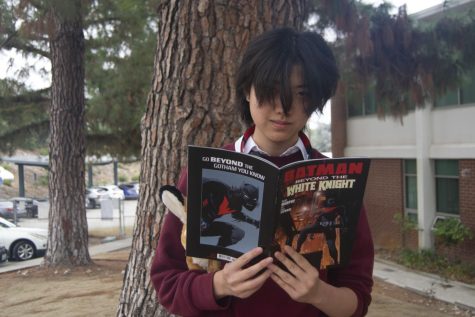
Interests/hobbies? Mixing (music), movies, reading, and games.
Dream Destination? Xitang, Zhejiang China
In 20 years... could be dead. Who knows?
Favorite...




